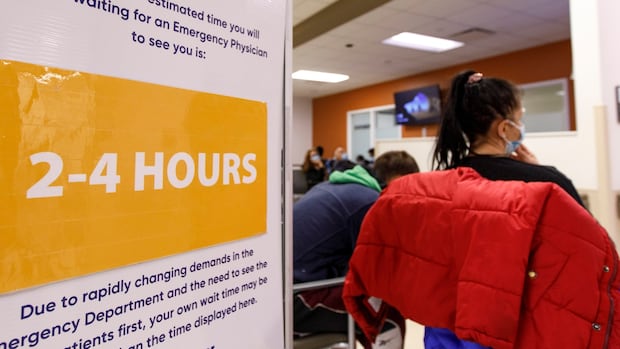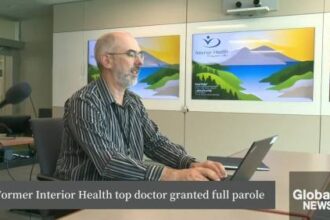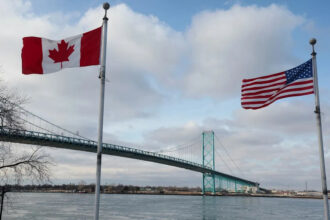In a troubling reflection of Manitoba’s social landscape, residents have identified crime and health care as their paramount concerns, significantly outweighing economic anxieties despite inflationary pressures that continue to strain household budgets across the province.
A recent Leger poll commissioned by the Winnipeg Free Press and CTV Winnipeg reveals that 33 percent of Manitobans rank crime as their top concern, closely followed by health care at 27 percent. These numbers represent a substantial shift in public sentiment, demonstrating how deeply these issues have penetrated community consciousness across urban and rural divides.
“What we’re seeing is a profound anxiety about personal safety that transcends traditional political divisions,” explains Andrew Enns, executive vice-president at Leger. “When one-third of your population identifies crime as their foremost worry, it signals a crisis of confidence in public safety systems.”
The poll, conducted between April 26 and May 6 with 1,000 adult respondents, shows that economic concerns—including inflation and cost of living—have dropped to third place at 16 percent, despite Manitoba experiencing some of the highest food inflation rates in Canada over the past year.
Particularly striking is the statistical parity between Winnipeg residents and those living outside the capital regarding crime concerns. While urban crime typically dominates headlines, rural Manitobans express nearly identical levels of apprehension, suggesting that the perception of rising criminal activity has become a province-wide phenomenon rather than just a metropolitan issue.
The PC government’s response has centered on increasing police presence and implementing targeted enforcement initiatives, but critics argue these measures fail to address underlying social determinants of crime. Meanwhile, Manitoba’s health care system continues to struggle with staffing shortages and extended wait times, issues that predate but were exacerbated by the COVID-19 pandemic.
Immigration concerns have also emerged more prominently in this poll, with 6 percent of respondents citing it as their primary worry—a notable increase from previous surveys. This shift aligns with national conversations about immigration levels and integration challenges that have intensified across Canadian politics.
“The rise in immigration concerns represents a complex interplay of factors,” notes Christopher Adams, political scientist at the University of Manitoba. “Economic pressures, housing shortages, and changing demographic patterns all contribute to this growing unease, though it remains significantly below crime and health care in the hierarchy of public concerns.”
For Premier Wab Kinew’s NDP government, these findings present both challenges and opportunities. Having campaigned strongly on health care improvements, the administration now faces heightened public expectations for meaningful reform in both healthcare delivery and crime reduction strategies.
The poll’s margin of error is plus or minus 3.1 percentage points, 19 times out of 20, providing a statistically significant snapshot of provincial attitudes that will likely shape policy priorities and political messaging in the coming months.
As Manitoba navigates these complex social challenges, the fundamental question emerges: can provincial leadership develop integrated approaches that address both the immediate symptoms and underlying causes of crime and healthcare deficiencies, or will these concerns continue to deepen public disillusionment with institutional effectiveness?










